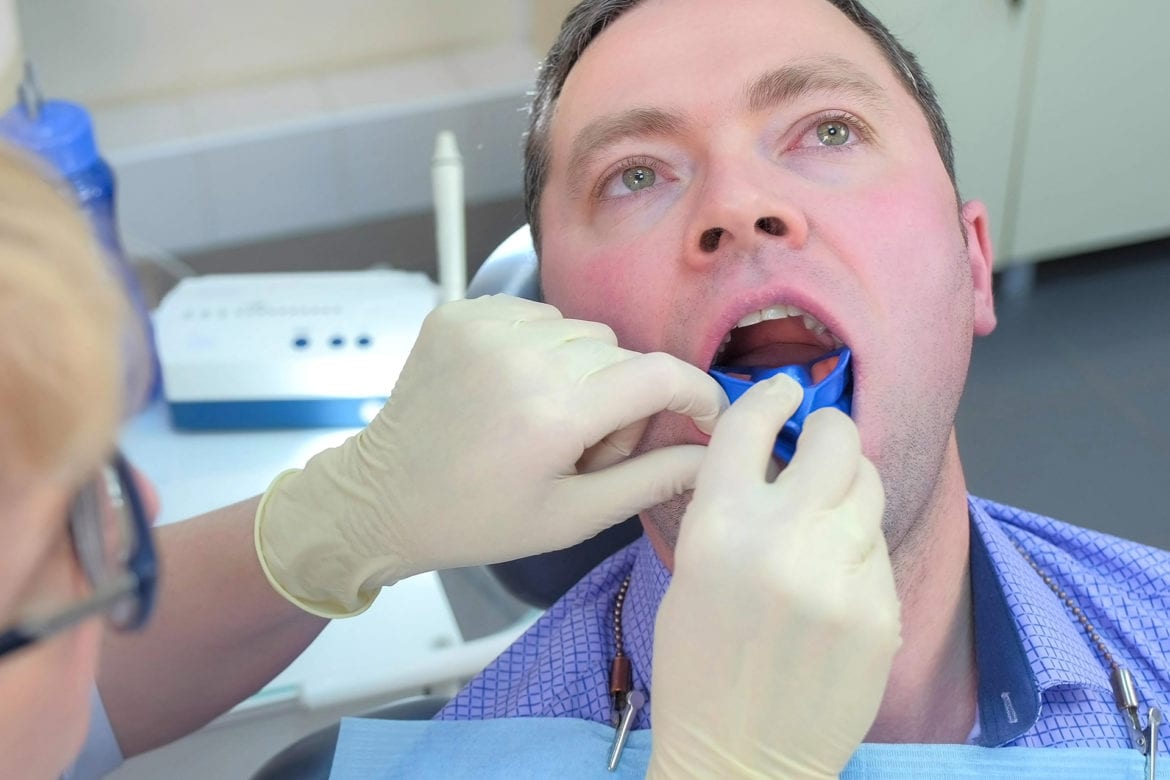The risk of a stroke may be increased by a common bacteria found in the mouth and gut, suggests a new study.
Higher levels of Streptococcus anginosus were found in the gut of recent stroke survivors in Japan.
Stroke patients with a significant amount of the bacteria in their gut were more likely to die or have another major cardiovascular event within two years than stroke patients without Streptococcus anginosus in the gut.
Researchers say their findings suggest that analyzing mouth and gut bacteria may someday help determine stroke risk and that targeting these harmful bacteria with new therapies and proper dental hygiene may help prevent a potentially fatal stroke.
Study lead author Dr. Shuichi Tonomura said: “In the future if there was a quick test to detect harmful bacteria in the mouth and gut, we could use the information to help calculate stroke risk.
“Targeting these specific harmful oral bacteria may help prevent stroke.”
Dr. Tonomura explained that everyone has trillions of bacteria in their gut, collectively known as the gut microbiota.
There is also another community of bacteria in the mouth called oral microbiota.
Most of these bacteria positively affect the body and assist with normal body processes, such as digestion.
But Dr. Tonomura says when the helpful and unhelpful types of bacteria get out of balance, illness can happen.
Previously, the Japanese research team found that a different bacteria that causes tooth decay, Streptococcus mutans, was associated with a higher risk of bleeding inside the brain.
For the new study, conducted at the largest stroke center in Japan, the researchers quantified all detectible bacteria in both the saliva and guts of people who had recently had any type of stroke, comparing them to people without a stroke of similar age undergoing routine medical check-ups.
The team found that one species of bacteria, Streptococcus anginosus, was “significantly more abundant” in the saliva and gut of people with acute stroke than in the control group of people who had not had a stroke.
An analysis of various groups of bacteria found that Streptococcus anginosus in the gut was independently associated with 20% higher odds of stroke after controlling for vascular risk factors.
Anaerostipes hadrus, a gut bacteria associated with beneficial effects, was associated with a drop in risk by 18% and Bacteroides plebeius, a gut bacteria common in the Japanese population, was associated with a drop in risk by 14%.
Stroke survivors with Streptococcus anginosus in the gut had a “significantly” higher risk of death and major
cardiovascular events over the two-year follow-up period.
However, increased risk of death and poor outcomes were not noted in stroke survivors with Anaerostipes hadrus and
Bacteroides plebeius compared to controls.
Dr. Tonomura said:“Our findings offer new insights into the connection between oral bacteria and the risk of stroke,
as well as potential strategies for stroke prevention.
“Both Streptococcus mutans and Streptococcus anginosus are bacteria that contribute to tooth decay by producing acids
that break down tooth enamel.

